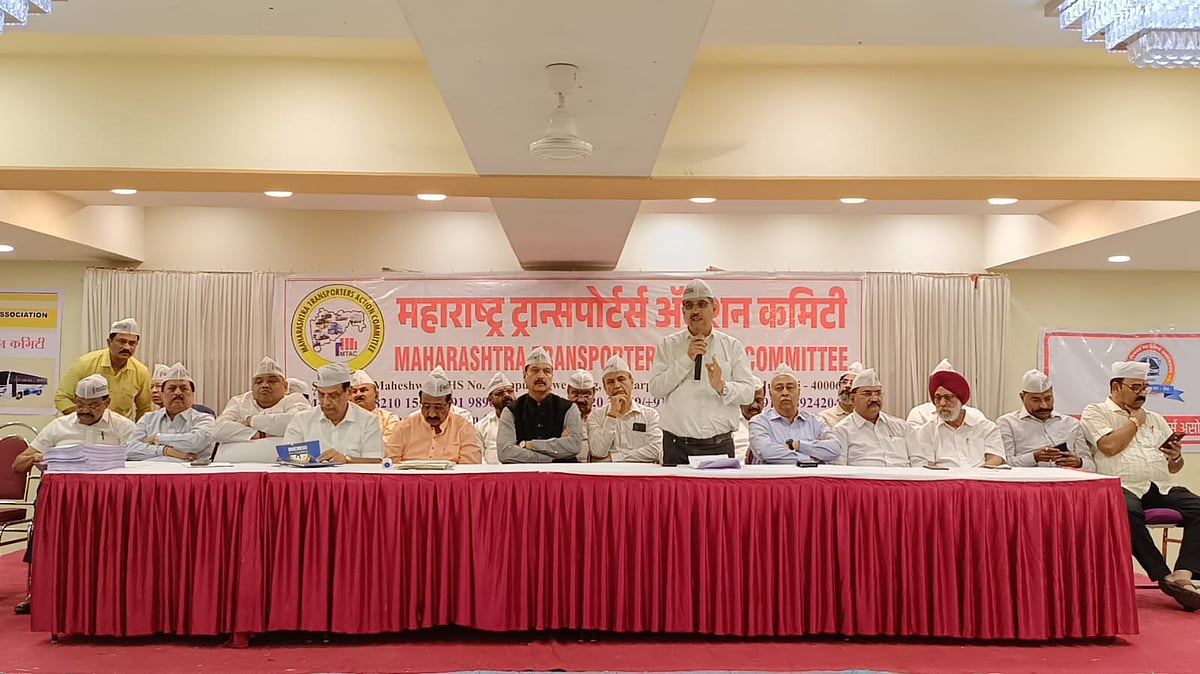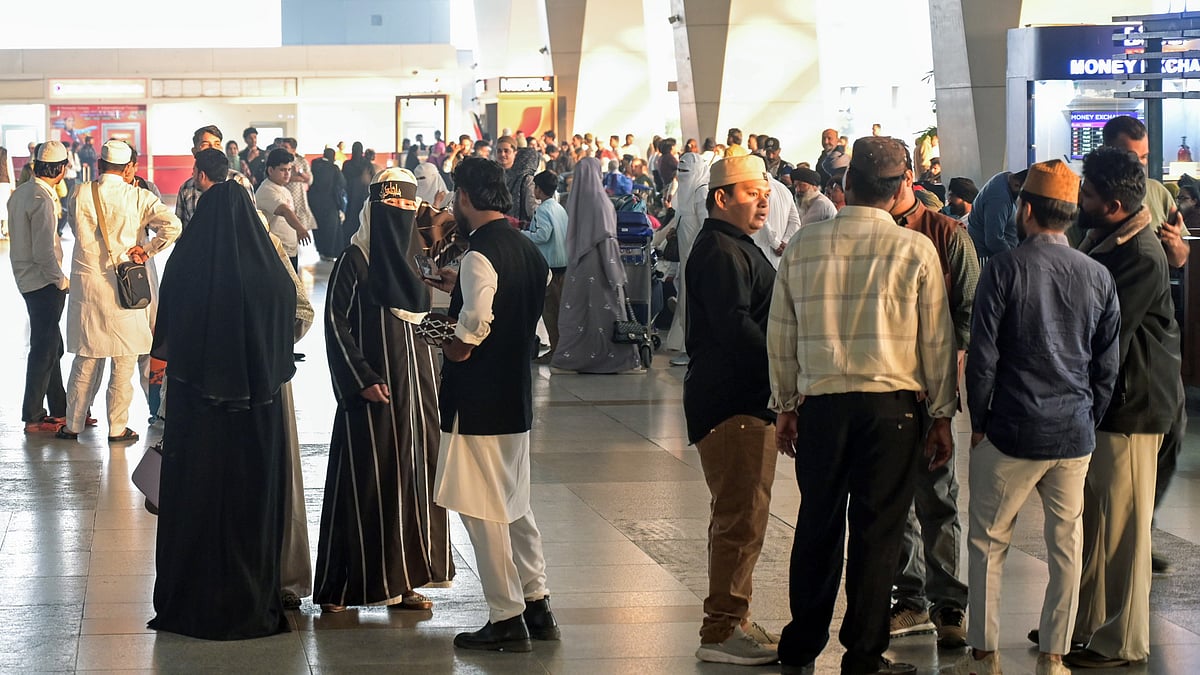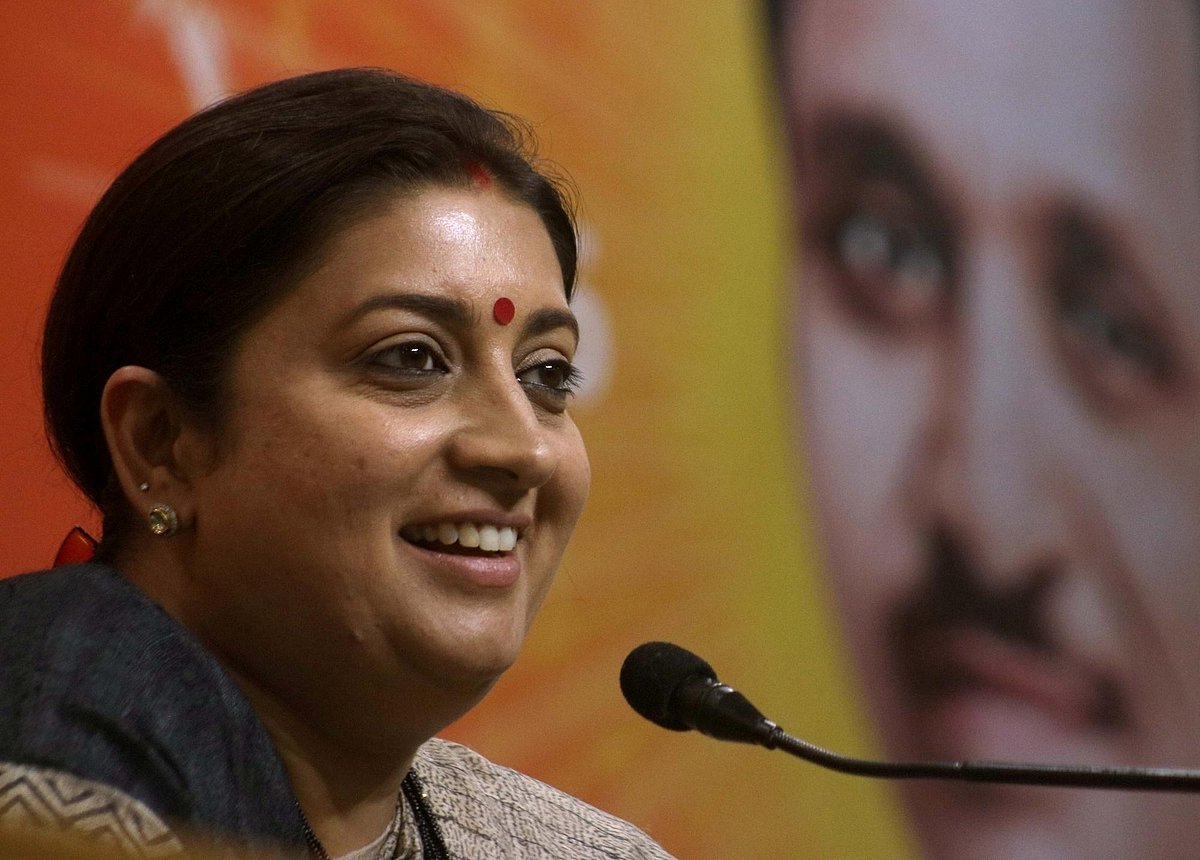But for the grace of god, the 39 dead bodies in a container in England might have been of Indians. Similarly, the 41 persons cowering in a truck in Greece could have been from India. The former were from Vietnam, the latter Afghans. Indians are no better off than either. They might pretend their country is poised to become a superpower but the anxiety to get away gives the lie to grandiose posturing. Whatever Narendra Modi or Amit Shah might say, this remains a desperately poor Third World country riddled with corruption for the vast majority of Indians.
Otherwise, no Indian would have been so eager to pay such a high price to escape. The National Anti-Trafficking Committee, a modest non-government organization in Kolkata, has horrendous tales about the exploitation of innocent Indian workers who look upon even a labouring job in Malaysia like the fabled crock of gold at the end of the rainbow. Recently, Mexico deported 311 Indians who had reached South America by tortuous ways and hoped to cross illegally into the United States. Our leaders may like to imagine their country is held in high esteem globally, but the insulting truth was evident to me many years ago when the Atlantic College in the United Kingdom invited me to speak. The only question from a British student contingent was “Is it ethical to send illegal migrants to the UK?”
Those were the years when Punjab’s Doaba region, between the Beas and Sutlej rivers, did a brisk trade in exporting manpower to Britain. I went to see why so many sturdy young Punjabis emigrated and was surprised to find not grinding poverty but quite prosperous villages and friendly, hospitable people. They were forthcoming too. The Green Revolution had given them a basic level of prosperity. It had also whetted their appetite for the good things in life. They were no longer content to work behind the plough and till the family fields. Having accumulated a little capital, they were ambitious to use it to earn more. But how? There were no openings in India except for those with political connections or money to bribe their way up.
No wonder the Doaba is known as the country’s NRI (Non-Resident Indian) hub. Hoshiarpur district’s 84.59 per cent literacy is the highest in Punjab. But Hoshiarpur also has 30,000 registered unemployed youths. How many others suffer from under-employment or concealed unemployment is anybody’s guess. What is known is that the district employment bureau has succeeded in finding jobs for only 3,500 men since the state’s Ghar Ghar Rozgar scheme in 2017. Now, the bureau is concentrating on the International English Language Testing System course for those who are determined to seek their fortune abroad. The state government has also committed to train and send 10,000 men abroad annually, but this has not curbed the criminal activities of unscrupulous travel agents who prey on the gullible. In an effort to weed out illegal agents promising the moon and charging astronomical fees, the government issued the Punjab Travel Professionals Rules in 2013 compelling agents to seek official registration and pay a substantial fee. Nevertheless, 450 duping cases have been filed in four years. There was a notorious instance when a supposedly Gulf-bound aircraft took off from Amritsar, did a few turns, and dropped its cargo of hopeful emigrants in Jalandhar. The passengers thought they had landed in Dubai.
Our free market reforms may have increased the scope for entrepreneurial activity but has also brought it within the ambit of Asian-style market forces. Money, connections, caste and community ties matter as never before. So do cunning and avarice. The Indians whom Mexico sent back so ignominiously had each paid more than Rs 14 lakhs for the promised El Dorado. One family of four is believed to have forked out $50,000. That kind of money should enable them to open a shop in India or start a manufacturing business. But that means satisfying the demands of greedy panchayat leaders and MLAs. Some complain that the so-called single window offers no respite from bureaucratic obstruction because all the questions that were previously asked in six windows are now concentrated in one.
Migration from Bengal is less rooted in history but is no less exploitative. Men sell or mortgage their village property or the wife’s jewellery to pay nearly two lakhs of rupees to a dalal – broker – to find them jobs abroad which means selling them into a modern form of slavery. The NATC tells of a young man who was given a contract on a Rs 10 stamp paper whereby a Malaysian construction company undertook to pay him 50 Malaysian ringgits (Rs 850, one ringgit being just over Rs 17) a day. That was in recognition of his work experience. First-timers were promised 45 ringgits or Rs 766 per day. On arrival in Kuala Lumpur, however, the man found there was no distinction. Full wages were never paid. Their passports were taken away. Everybody was herded into a shed where space was so limited they had to take turns to sleep. There were no cooking facilities and 50 men had to share a single bathroom. Medical attention had to be paid for privately. Physical abuse by the Chinese-Malaysian supervisors was common.
Similar horror stories are told by men who go to work in the United Arab Emirates, Qatar, Kuwait, Tanzania, Iran, Indonesia and Saudi Arabia. The temperature in the UAE was said never to rise above a certain level because the law then obliged the authorities to provide air-conditioning. I knew a diploma holder from Tamil Nadu working as an ordinary labourer in Singapore. Other Indian workers said their employer illegally deducted from their wages the tax he (the employer) had to pay the Singapore government. They dared not complain because the job for which they had paid a premium mattered so much.
“Human trafficking happens because young people are lured by high pay packages” says Biswajit Das, a West Bengal Trinamul Congress member of the Assembly. “We have tried to solve the issues of employment by giving people jobs as civic volunteers, but they are not happy with little any more.” Naturally not. They see the country awash with money. They see the fortunes the Adanis and Ambanis make. They note the Prime Minister’s expensive foreign jaunts. They are aware of our vast military expenditure. They see how government salaries and pensions and legislators’ allowances have gone up. And they want a crumb for themselves from the rich man’s table. Since they can’t get it at home, they have to go abroad to be cruelly exploited.
The writer is the author of several books and a regular media columnist.






